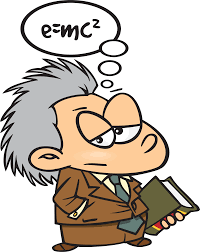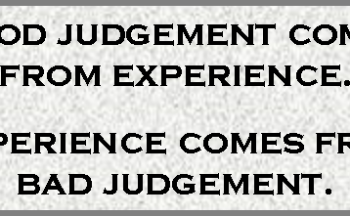 January 2020
January 2020
A good condo lawyer is required to do many things including assist in collecting outstanding condo fees or assessments; and analysis, interpretation and preparation of the corporation’s governing documents.

Next to the condominium manager, a condo lawyer may be the most important vendor employed by the condo corporation. They provide expert advice that solves problems, saves money, and protects both corporation and directors from liability.
In the event of a pest infestation, the condo lawyer may advise if treatment to affected areas is the responsibility of the corporation or suite owner. Following the advice of legal counsel protects the condo corporation should the matter become a legal dispute.
The role of a condo lawyer is to assist the board and management. They generally communicate with the condominium manager and a designated individual from the board. They do not work for, report or respond to condo residents or other individuals. Their actions are dictated by the condo board as a whole.
The best working relationship is obtained by a condo board knowing when to rely on or seek counsel from their lawyer.
A condo lawyer can be asked to advise the board on many matters. They should be well versed in condo law, accessible and easy to work with. They represent condo corporation interests and should not allow individuals to take advantage of it.
A condo lawyer should be capable of litigating matters. Litigation, however, should only be considered if other resolution efforts have failed. Not all battles are worth fighting and disputes get personal when they relate to one’s home.
A condo owner undertakes suite renovations to create a second bedroom in contravention of governing documents. This was done with the best of intentions on a limited budget. The cost of forcing the owner to return the unit to its original state is about $2,500 and the cost of forcing compliance may be $1,500. The condo board cannot ignore this action. Doing so encourages others to ignore condo rules and undertake even more extensive renovations which may contravene condo rules or safety considerations. The offender may lack sufficient funds to undertake repairs and pay corporation enforcement costs. This is a scenario where litigation may not yield a satisfactory result. A good condo lawyer may suggest a compromise such as allowing the owner to convert the room to something other than a bedroom and paying reduced legal costs. The compromise would eliminate any risk of losing in court, or winning in court and having to pay legal costs. It could maintain good relations with the owner, save the condo corporation money, enforce governing documents and send the right message to all residents. Any decision to compromise or litigate would be up to the condo board.
A good condo lawyer should act as an advocate for the community and be capable of providing innovative approaches to protect their interests. Once the condo board decides on a course of action, the condo lawyer should work to obtain the best outcome possible given any situation.
Many condo board decisions can involve large sums of money or result in some level of dissatisfaction among residents. There is protection from personal liability when a condo board relies on expert opinion. Having a condo lawyer review a contract prior to approval is one way to protect against personal liability. The cost of legal advice prior to signing a large or long-term contract is low if it protects against potential problems in the future.
 During litigation many condo corporation records may have to be provided. Matters discussed with the condo corporation’s lawyer are protected from disclosure by attorney-client privilege.
During litigation many condo corporation records may have to be provided. Matters discussed with the condo corporation’s lawyer are protected from disclosure by attorney-client privilege.







